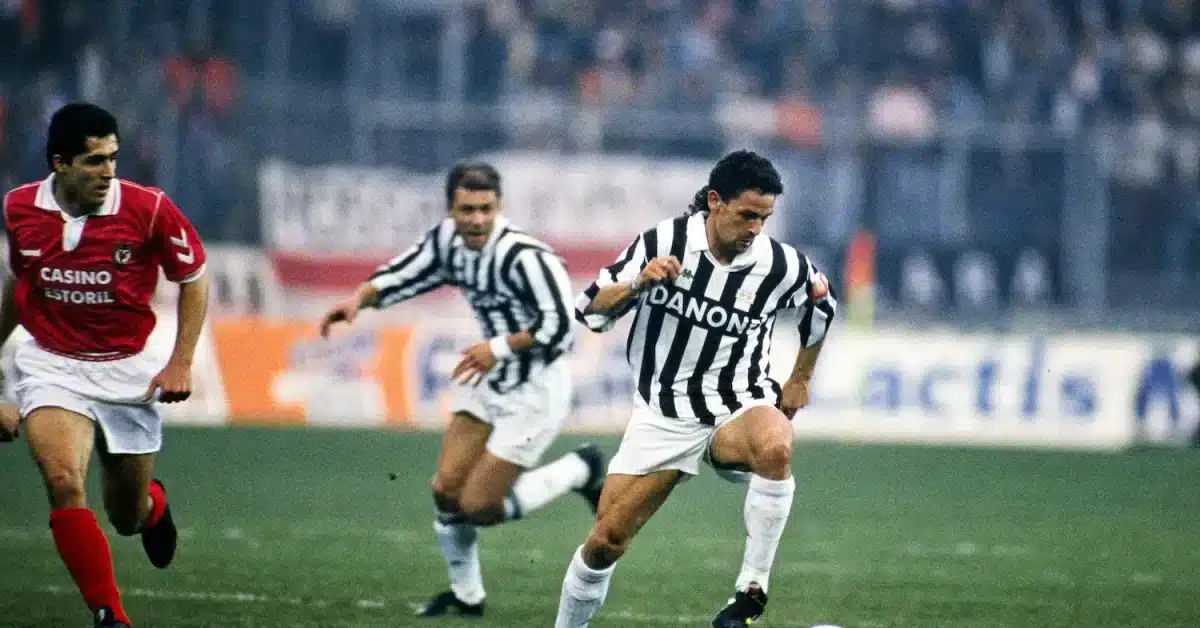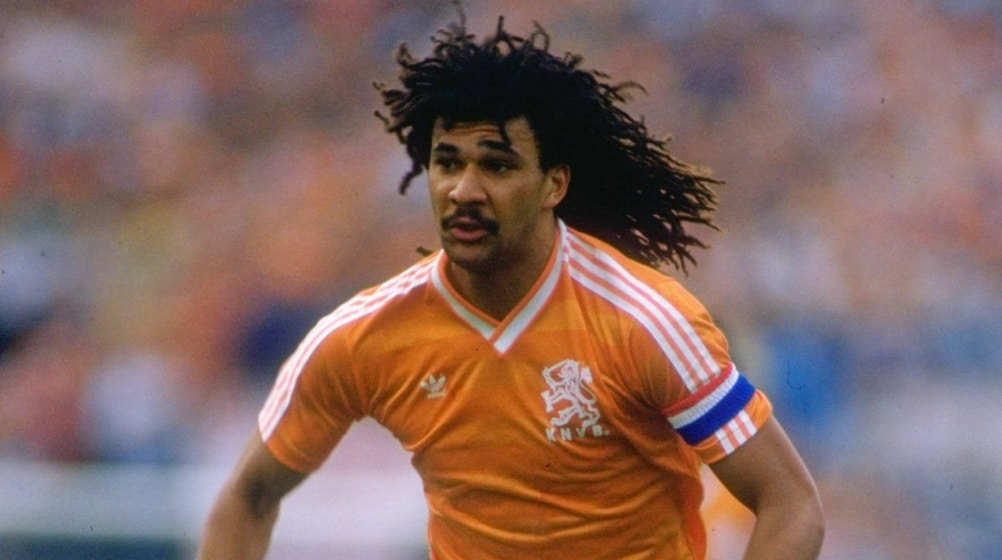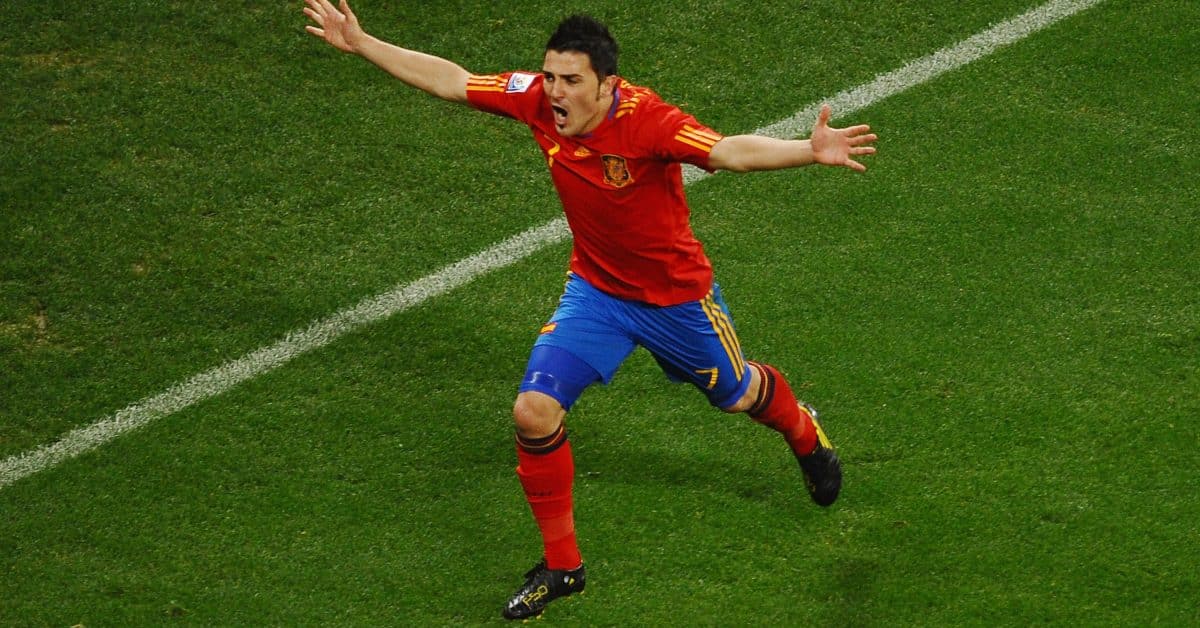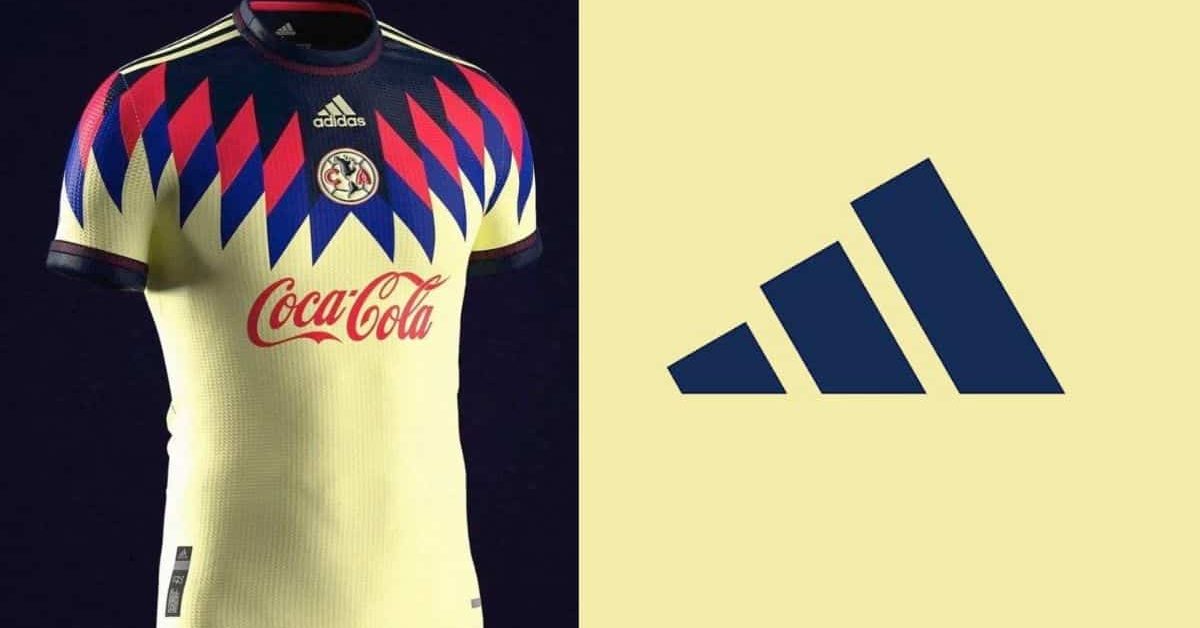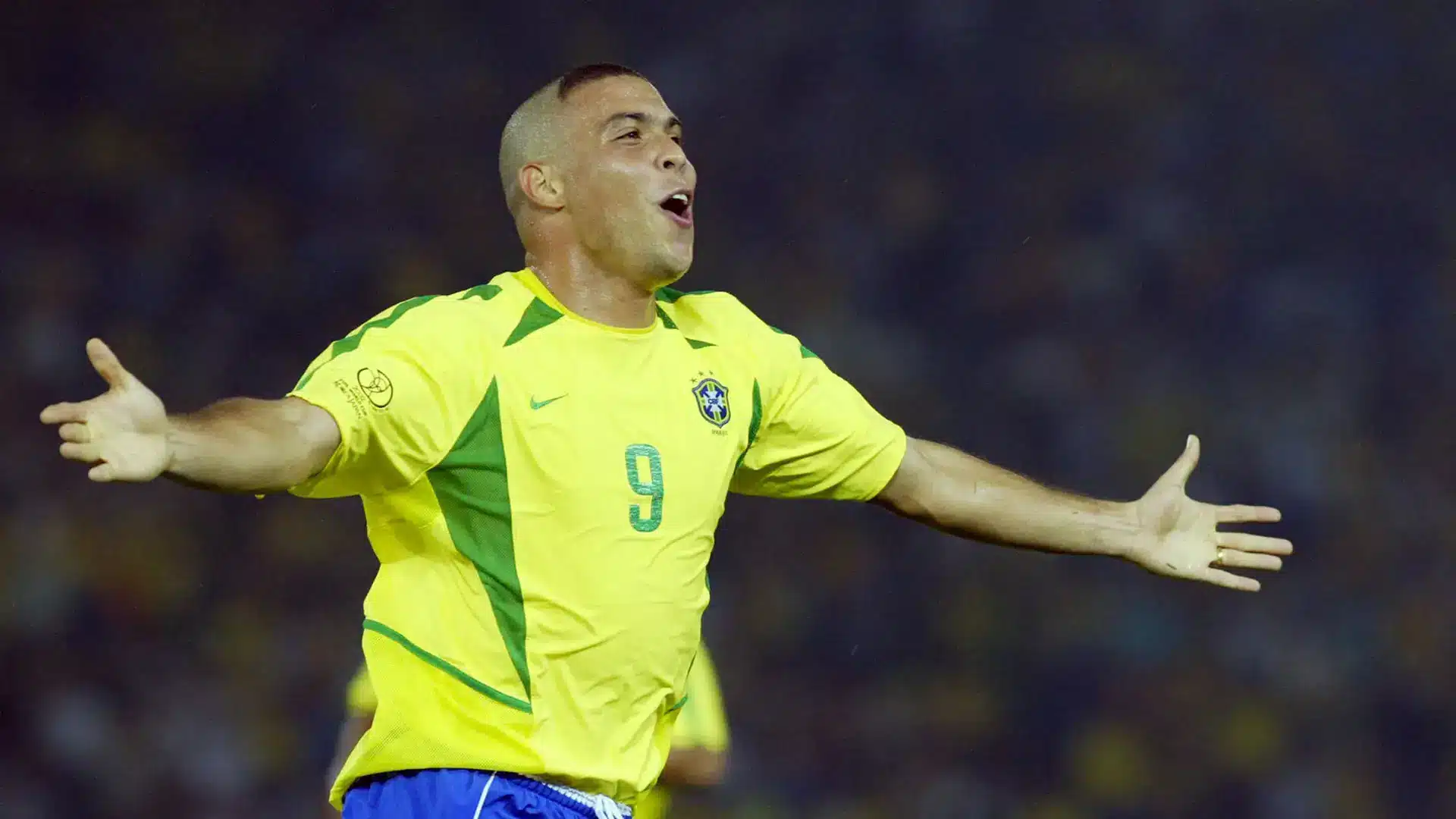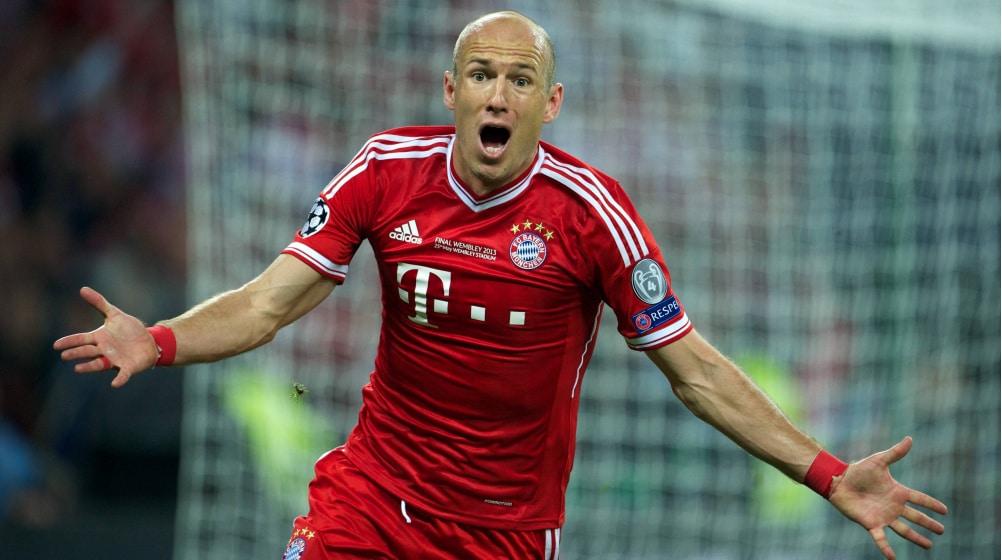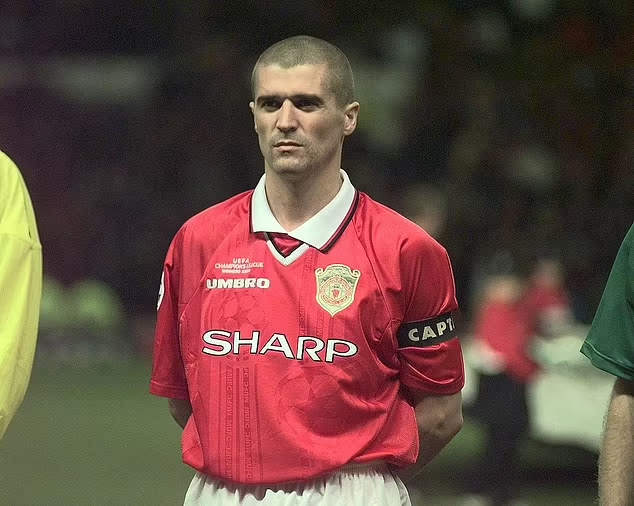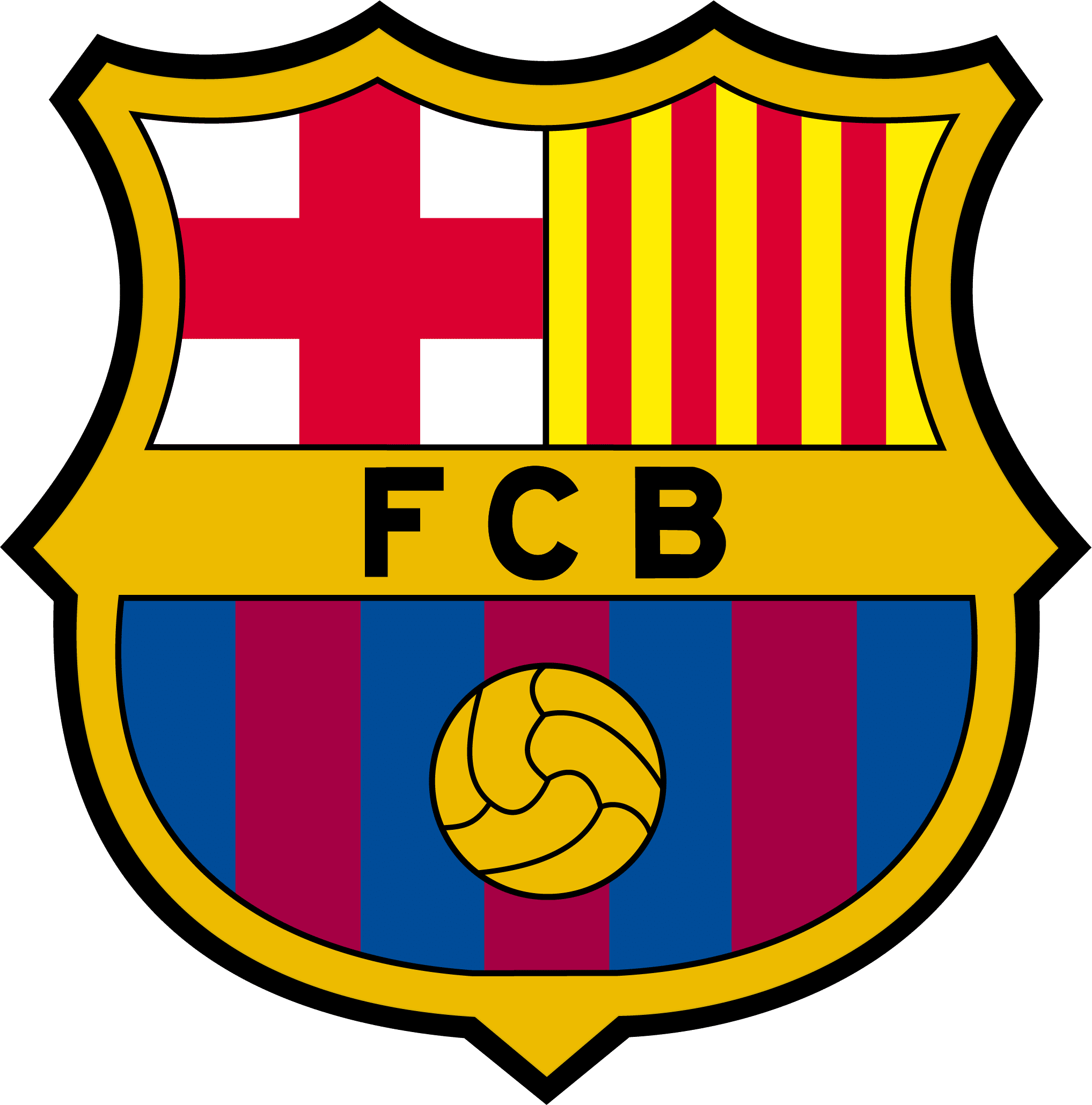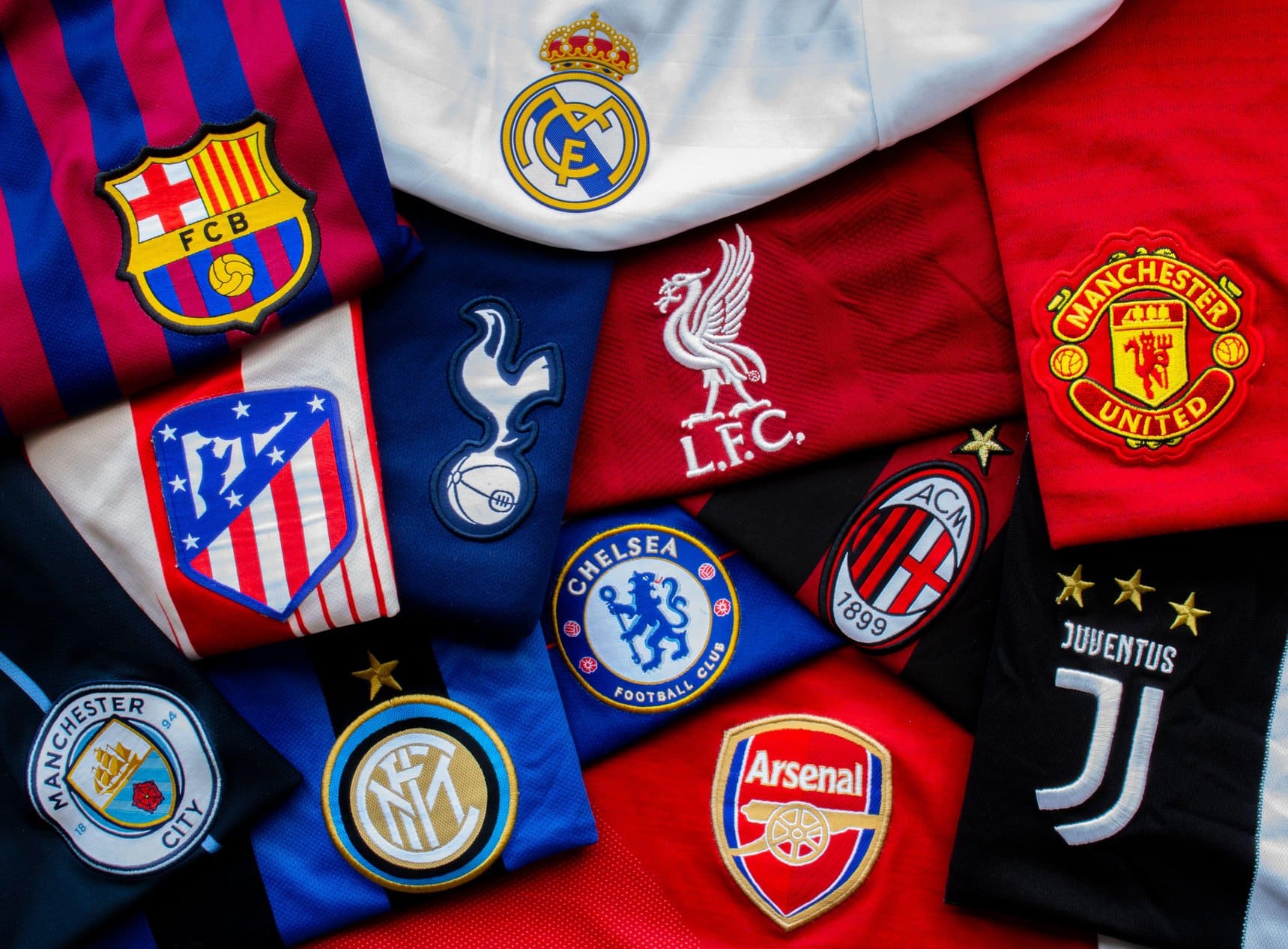David Villa is regarded as one of Spain’s most prolific strikers. Born on December 3, 1981, in Langreo, Asturias, Villa’s journey from humble beginnings to international stardom is a testament to his talent, determination, and unwavering passion for the game. With a career spanning over a decade at the highest levels of club and international football, he has not only amassed numerous titles, including the UEFA European Championship and FIFA World Cup, but has also become a symbol of excellence for aspiring Spanish players. His remarkable goal-scoring ability, technical skill, and versatility on the pitch have solidified his legacy as one of the greatest forwards of the 2010’s.
Sporting Gijón 2000-2003
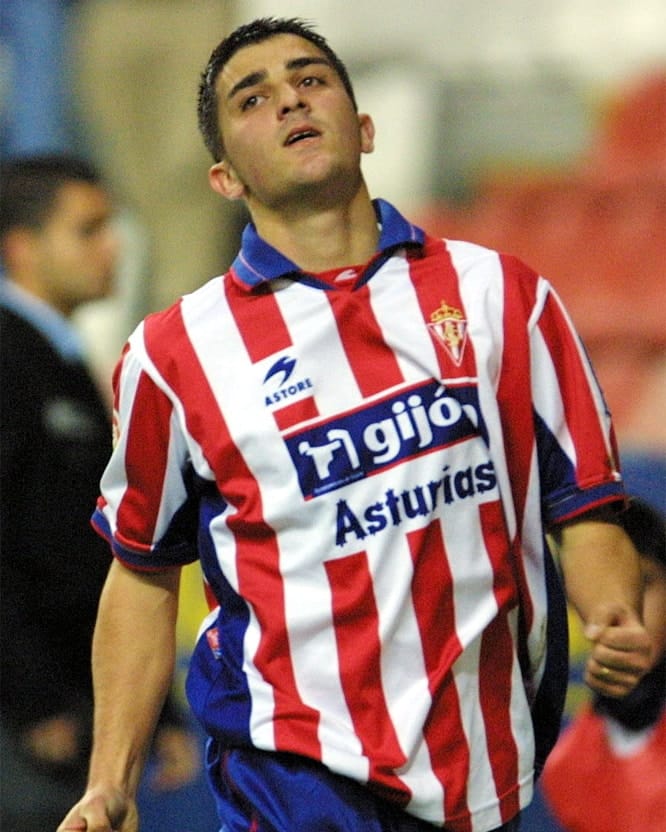
David Villa began his professional career at Sporting Gijón, where he joined the youth academy before making his first-team debut in 2001. During his time at the club, he showcased his remarkable talent as a forward, quickly becoming a fan favorite. Over two seasons, he scored 41 goals in 84 appearances, drawing attention from bigger clubs. His impressive performances laid the foundation for his subsequent move to Real Zaragoza, marking the beginning of a stellar career that would see him rise to international acclaim.
Real Zaragoza 2003-2005
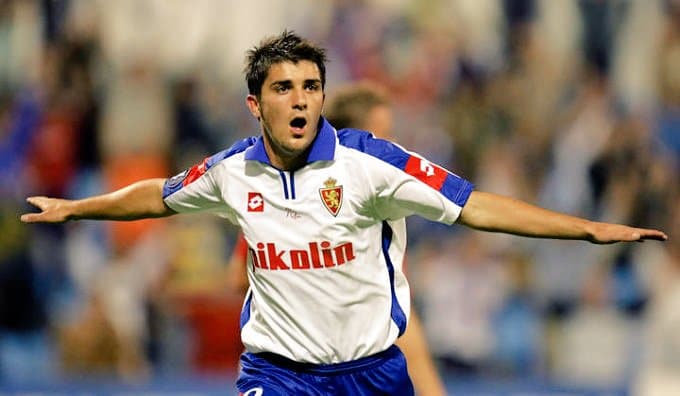
David Villa joined Real Zaragoza in the summer of 2003 for approximately €3 million, after Sporting Gijón faced financial difficulties. He quickly adapted to La Liga, scoring 17 goals in his debut season. Villa made his league debut in Zaragoza’s first game back in the top flight, a 1–0 loss to Deportivo de La Coruña. His first goal came two matches later against Real Murcia, contributing to a 3–0 victory. Notably, he scored his first hat-trick in a thrilling 4–4 draw against Sevilla. Villa played a crucial role in Zaragoza’s 2004 Copa del Rey triumph, netting a vital goal in the final against Real Madrid. His success at Zaragoza led to his first international call-up, and the fans celebrated him with the chant “illa illa illa, Villa maravilla,” highlighting his impact at the club.
Valencia 2005-2010
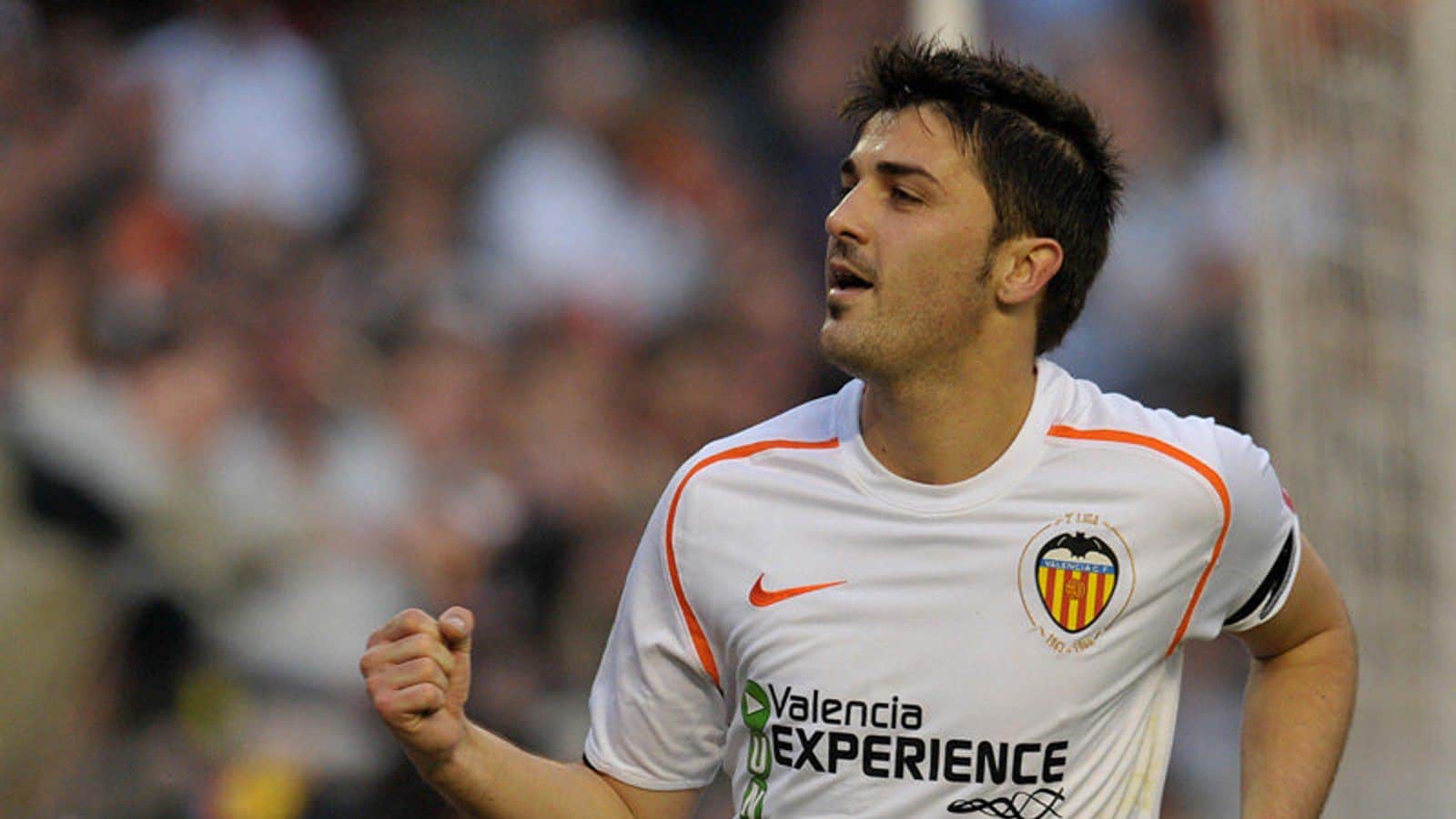
David Villa joined Valencia in the summer of 2005 for €12 million, making a significant impact from the start. In his debut match, he scored in a 2–0 win against Gent in the Intertoto Cup. Villa quickly became a key player, netting his first league goal against his former club, Zaragoza, in a dramatic 2–2 draw. His remarkable talent shone through as he scored a brace against Barcelona at Camp Nou and a crucial winner against Real Madrid.
During the 2005–06 season, Villa tallied an impressive 25 goals in 35 league matches, finishing just behind Samuel Eto’o in the race for the top scorer. He also scored a stunning long-range goal against Deportivo La Coruña, showcasing his technical prowess. Villa’s knack for scoring continued into the following seasons, where he formed a potent partnership with Fernando Morientes and contributed to Valencia’s success in European football.
In the 2007–08 season, he helped Valencia secure the Copa del Rey, scoring 18 goals despite managerial changes. By the end of his tenure in 2010, Villa had established himself as one of the top strikers in Europe, leaving Valencia with 129 goals in 212 appearances, further solidifying his legacy in Spanish football. Villa and teammates Juan Mata and David Silva are fondly remembered at Valencia for their outstanding performances together.
Barcelona 2010-2013
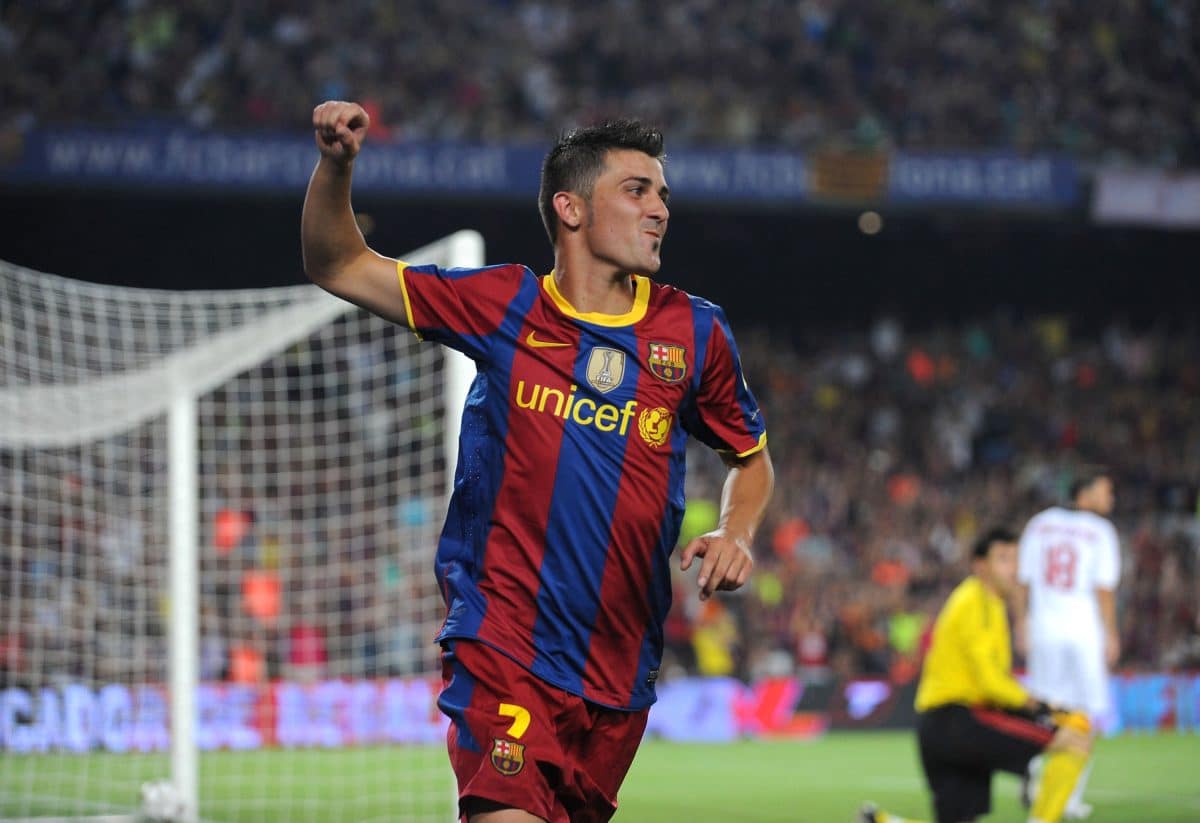
FC Barcelona was the following destination for David Villa, joining the Catalan giants in May 2010 for €40 million, marking a significant step in his career. He signed a four-year contract, earning €7 million per season. Villa was warmly welcomed by over 35,000 fans at Camp Nou during his presentation, where he was given the coveted number 7 shirt. He made his debut in the Supercopa de España, contributing to a 5–3 aggregate victory over Sevilla.
Villa quickly established himself as a key player, scoring his first La Liga goal against Racing Santander and netting on his Champions League debut against Panathinaikos. His standout performance came during his first El Clásico, where he scored twice in a 5–0 rout of Real Madrid, expressing pride in the team’s dominant display.
In the 2010–11 UEFA Champions League final, Villa scored a stunning goal against Manchester United, helping secure a 3–1 victory. However, his fortunes changed in the 2011–12 season when he suffered a serious tibia injury, sidelining him for most of the year. Upon his return, Villa continued to contribute significantly, scoring 16 goals in the 2012–13 season, demonstrating his resilience and talent despite the setbacks.
Atlético Madrid 2013-2014
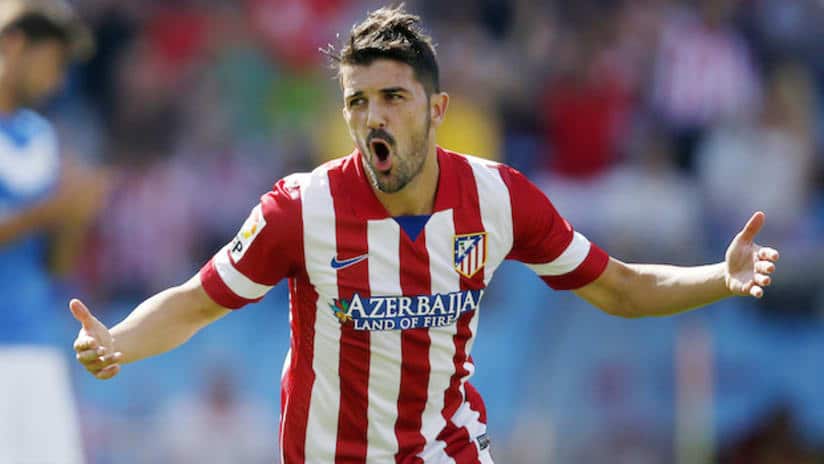
David Villa joined Atlético Madrid on July 8, 2013, for a bargain fee of €5.1 million from Barcelona. He made an immediate impact, scoring a stunning volley in his debut during the Supercopa de España against his former club. Villa continued to shine in La Liga, netting his first league goal on September 1 and contributing an assist in a 2–1 victory over Real Sociedad. He scored his first brace for Atlético in a 5–0 win against Real Betis and added two more braces throughout the season. Villa finished with 13 league goals, playing a crucial role in Atlético’s historic 2013–14 league title and their run to the Champions League final, which they lost to arch rivals Real Madrid.
New York City FC 2014-2018
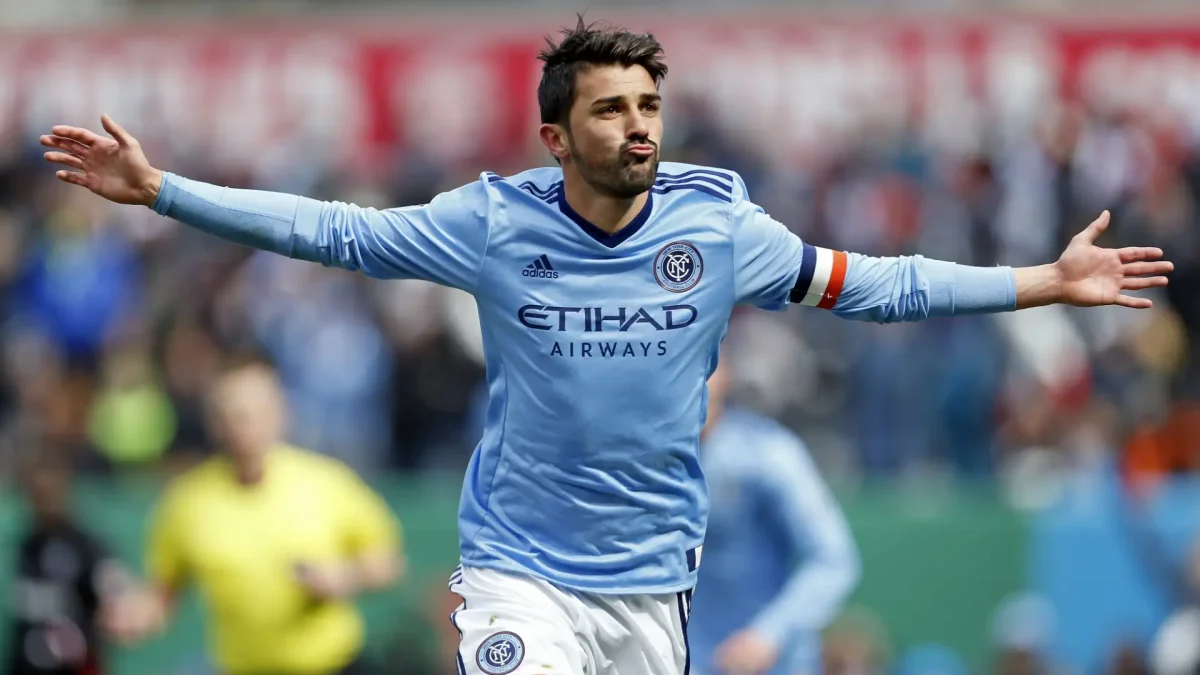
On June 1, 2014, David Villa announced his departure from Atlético Madrid, calling his next club “an irresistible project.” The following day, he was unveiled as the first player for the newly formed New York City FC, set to compete in Major League Soccer (MLS) starting in 2015. Villa was given the iconic number 7 shirt and expressed his desire to help grow MLS while aiming to make NYCFC the best team in the league. His leadership and experience proved invaluable, as he quickly became a key figure in the club’s inaugural season, scoring multiple goals and inspiring his teammates.
David Villa was named New York City’s first-ever team captain and Designated Player on February 1, 2015. Just nine days later, he scored the club’s inaugural goal in a friendly against St Mirren. Villa made his MLS debut on March 8, assisting the first goal in a 1–1 draw against Orlando City. He scored NYCFC’s first competitive goal in a 2–0 victory over the New England Revolution in their home opener.
Throughout his time with NYCFC, Villa showcased his talent, scoring 18 goals in the 2015 season and earning a spot in the MLS All-Star Game, where he netted the winning goal against Tottenham. In 2016, he won the MLS MVP Award, scoring 23 goals, including his first hat-trick against the New York Red Bulls. On April 29, 2018, Villa reached a milestone by scoring his 400th and 401st career goals in a match against Dallas, solidifying his legacy as one of the league’s top players.
Melbourne City 2014
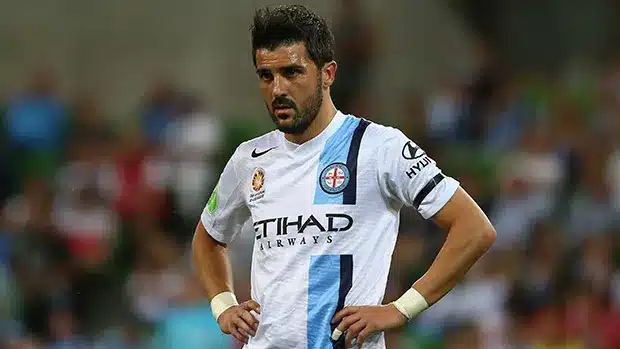
Parallel to his move to New York City FC, David Villa joined Melbourne City on a guest stint in the Australian A-League during the 2014–15 season. This arrangement allowed him to make up to ten appearances while maintaining match fitness before his MLS debut. Villa made an immediate impact, scoring on his debut against Sydney FC just 15 minutes after being subbed on. He followed up with an equalizer in a 1–1 draw against Newcastle Jets.
Despite only playing four matches, Villa’s presence significantly boosted attendance and visibility for Melbourne City, with manager John van ‘t Schip praising his influence on the club before he was recalled by NYCFC.
Vissel Kobe 2019-2020
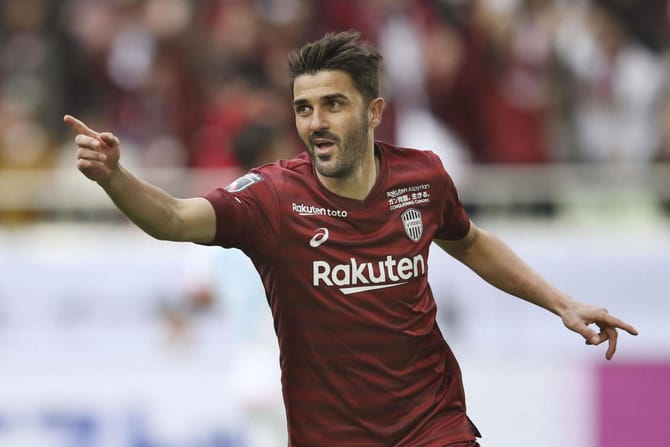
On December 1, 2018, David Villa signed with J1 League club Vissel Kobe, reuniting with former Barcelona and Spain teammate Andrés Iniesta. Villa made an immediate impact, scoring his first league goal in a 1–0 victory over Sagan Tosu on March 2, 2019. After an illustrious 19-year career, he announced his retirement at the end of the 2019 season. Villa scored his final career goal from a penalty in a 4–1 win against Jubilo Iwata on December 7. He capped off his time in Japan by playing in the Emperor’s Cup Final on January 1, 2020, helping Vissel Kobe secure their first trophy. Villa finished his stint with 13 goals in 28 league matches.
Spain 2005-2017
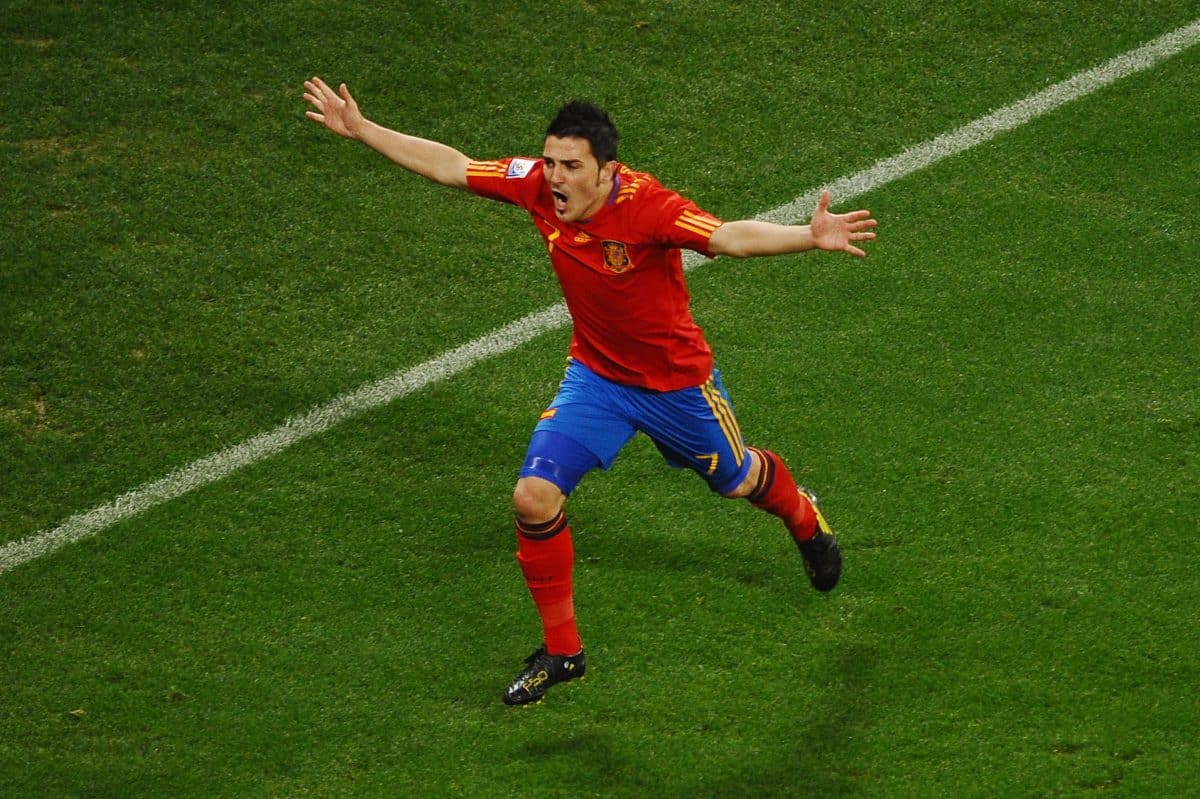
David Villa’s international career with the Spanish national team spanned from 2005 to 2014, during which he became one of Spain’s most prolific scorers. He made his debut under coach Luis Aragonés in a World Cup qualifier against San Marino, scoring his first goal in a qualifier against Slovakia. Villa’s breakout came during the 2006 FIFA World Cup, where he scored two goals in his debut match against Ukraine and finished the tournament with three goals.
Villa’s most notable contributions came during Euro 2008, where he scored four goals, including a hat-trick against Russia, helping Spain secure the championship and earning the Golden Boot. He continued to shine in the 2010 FIFA World Cup, scoring five goals and playing a crucial role in Spain’s historic triumph, ultimately finishing as the tournament’s second-highest scorer.
In 2012, Villa was on track to compete in Euro 2012 but suffered a tibia injury that sidelined him. He returned for the 2013 Confederations Cup, scoring three goals, and concluded his international career after the 2014 World Cup, where he netted his 59th goal in his final match against Australia. Villa’s legacy includes being Spain’s all-time top scorer in World Cup history and a key figure in Spain’s golden era of football.

